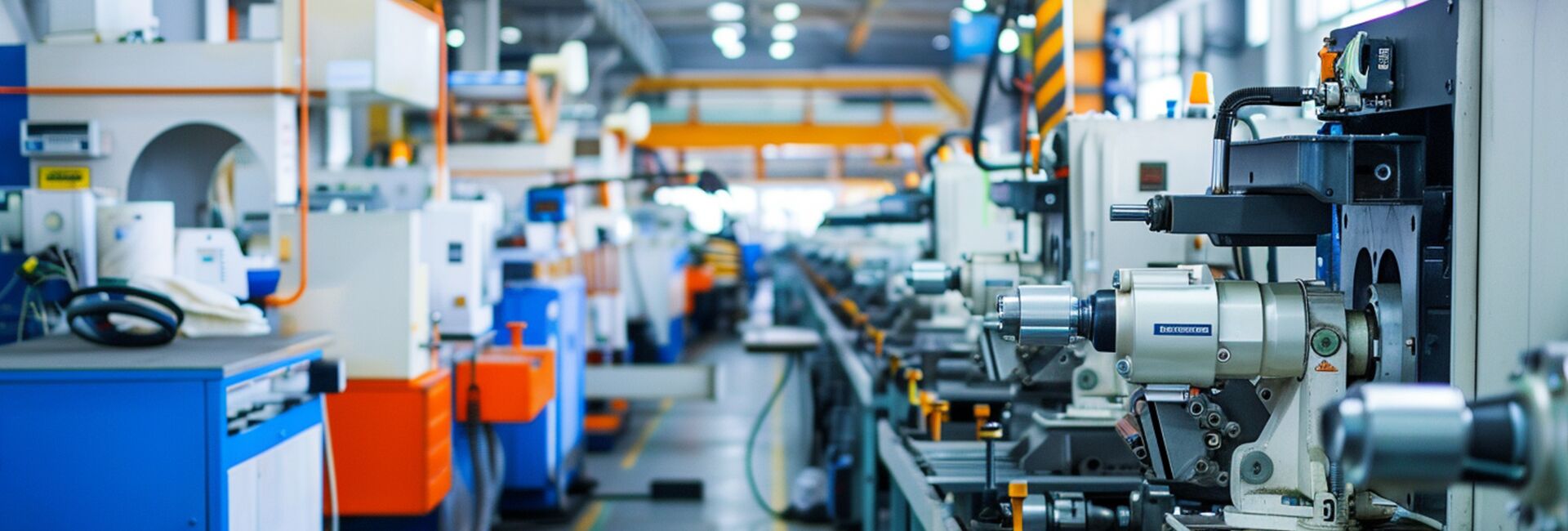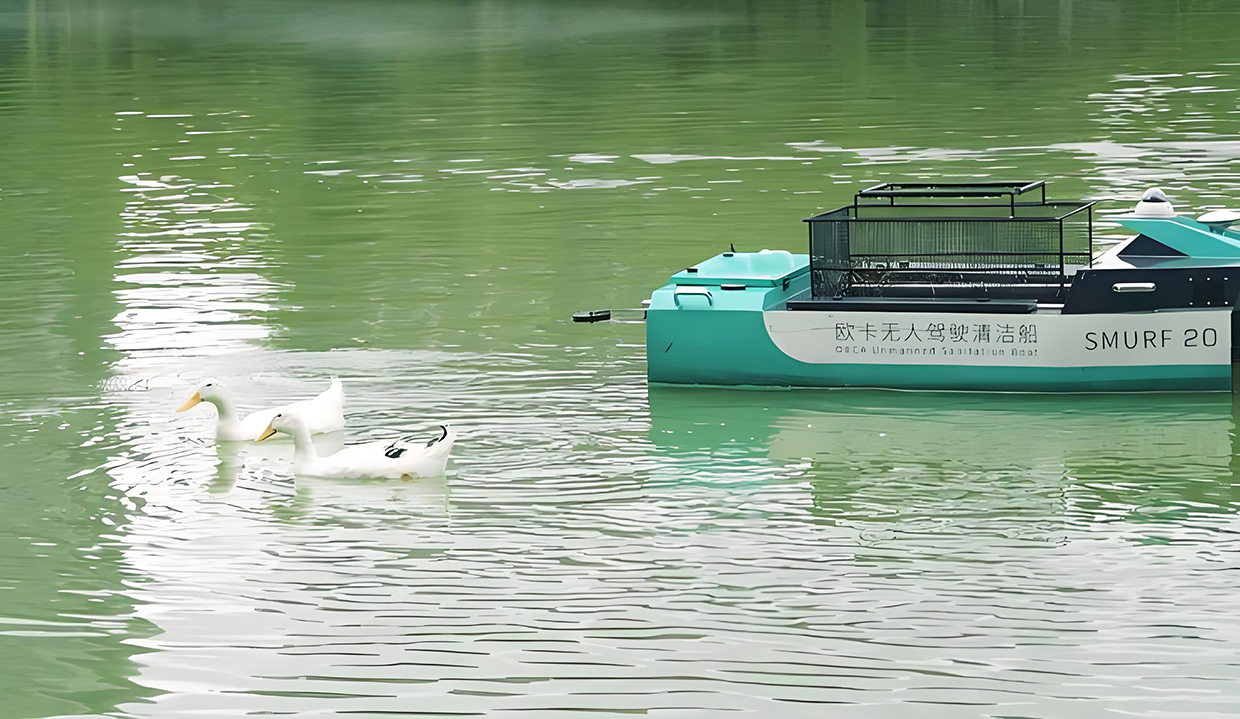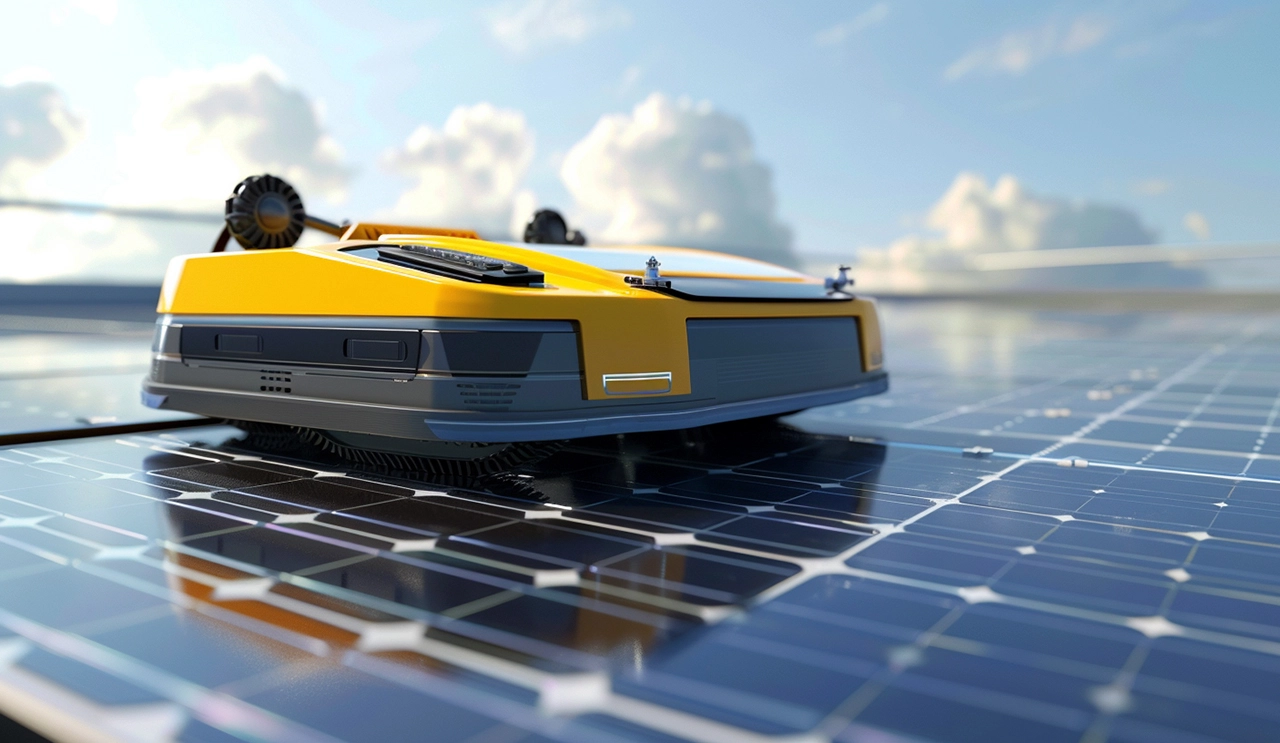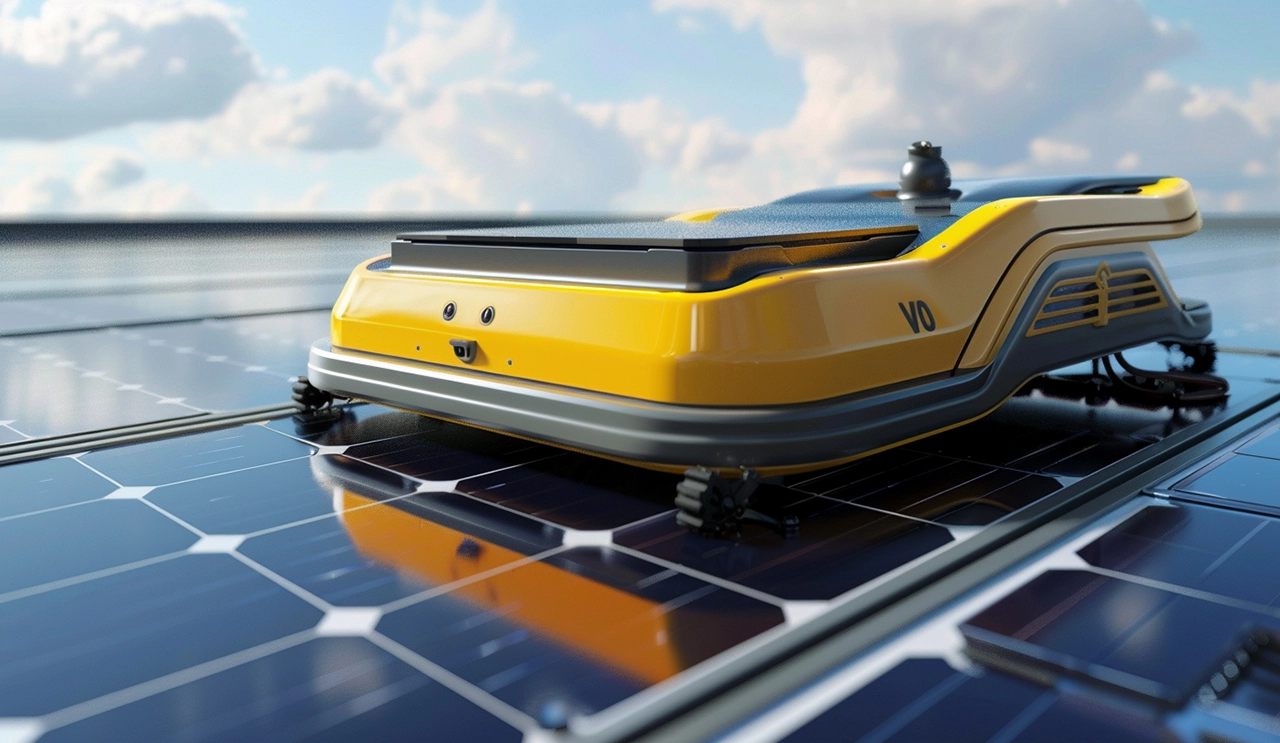
WIRELESS CHARGING IN THE NEWS
In modern agriculture, automation technology is increasingly becoming an essential avenue for improving production efficiency and sustainability. One significant innovation in this field is the irrigation robot, which facilitates precise and efficient water management through automated irrigation. However, as these robots become more widely used, their energy supply becomes a prominent issue. The introduction of wireless charging technology offers unprecedented opportunities for the development of irrigation robots.
Traditional irrigation robots primarily rely on cables or batteries for power. Cables restrict the movement range of robots, and the installation and maintenance costs are high, making them unsuitable for large-scale agricultural operations. While battery power increases robot mobility to some extent, the frequent replacement and charging of batteries remain a significant bottleneck. Wireless charging technology provides a novel solution by enabling energy transfer through wireless means, greatly enhancing operational efficiency and convenience.
A typical application case demonstrates the successful implementation of wireless charging technology on irrigation robots. A large farm upgraded its irrigation system by incorporating wireless charging technology to provide stable and reliable power support for its automated irrigation robots. The system sets up multiple wireless charging stations around the fields, utilizing magnetic resonance technology for energy transfer. This not only alleviates the hassle of traditional cable installations but also significantly enhances the flexibility of field management. Robots can move freely across the fields, automatically returning to charging stations after completing tasks for recharging without human intervention.
The incorporation of wireless charging technology advances the automation level of irrigation robots further. Farm managers can use remote monitoring systems to track the position and status of the robots in real-time, facilitating the intelligent management of agricultural water resources. Precise irrigation not only conserves valuable water resources but also reduces energy consumption and labor costs, aligning with the goals of sustainable modern agriculture. Moreover, as wireless charging technology continues to improve, its efficiency and speed meet the power demands of frequent robot operations, ensuring stable 24/7 functionality.
Additionally, wireless charging technology shows remarkable adaptability in harsh agricultural environments. Traditional charging methods are prone to faults in field applications due to the influence of soil and water conditions. In contrast, the wireless charging system eliminates complex contact interfaces, significantly reducing equipment failure rates. This not only extends the lifespan of equipment but also simplifies routine maintenance.
As wireless charging technology becomes more widespread, costs gradually decrease, encouraging more medium and large-scale farms to consider its application on irrigation robots. Furthermore, the standardization of development and unification of technical specifications progressively overcome compatibility barriers between devices from different manufacturers, paving the way for the large-scale application of wireless charging in the agricultural sector.
Nevertheless, the broader application of this technology still faces challenges, such as the initial investment cost and farmers' acceptance of new technology. To address these issues, government and industry stakeholders need to enhance support and guidance, providing funding and training to help agricultural producers quickly master and utilize this technology.
In conclusion, the integration of wireless charging technology with agricultural irrigation robots showcases the potential and future direction of innovation in modern agricultural technology. Through continuous technological updates and broader application, this combination not only enhances agricultural production efficiency but also promotes green and sustainable agricultural development. As technology matures and costs decrease, irrigation robots are expected to play an increasingly vital role in modern agriculture, leading to a new transformation in agricultural production methods.







